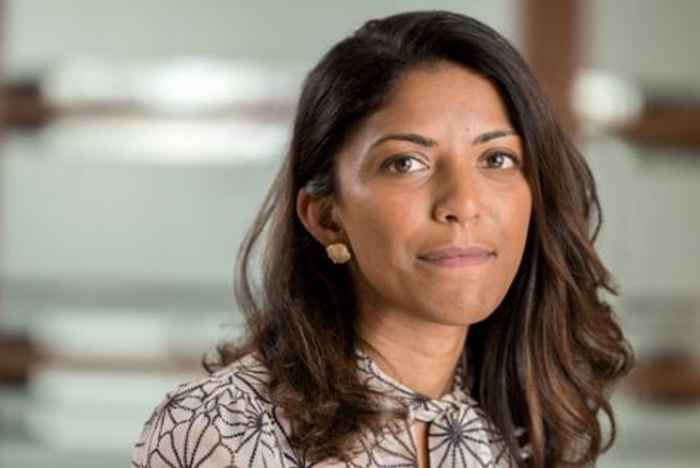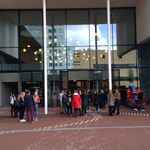The Ethics of Being an Immigrant: Living under the 'Integration Gaze'
- Date
- 16 October 2025
- Time
- 10:00 -11:30
- Room
- B2.06

A prevailing model of how to be a good immigrant is to be an integrated immigrant. Many, including many philosophers, treat integration as a progressive response to immigration. Integration purports to secure two aims: it empowers immigrants and minority communities so that they can exercise free and equal membership in the state, and, because it does so by ensuring some shared commitment to liberal democratic values and other (benign) national cultural practices, integration purports to maintain some cohesive conception of ‘the people’ that upholds the liberal democratic nation-state. By securing these two ends, integration sustains liberal democracy; it also allays public concerns about immigration and diversity, thereby supporting more open immigration policies.
This rosy narrative has been challenged by critical scholars (Anderson 2024; Favell 2022; Schinkel 2017) who uncover the ideological functions of the ‘integration paradigm.’ In her current book project, Ashwini Vasanthakumar aims to complement these critiques by exploring the ethical burdens of living under the ‘integration gaze,’ as well as the ethical challenges that are obscured by this gaze. She considers how self-respect and the ethics of authenticity can be in tension with the demands of integration; the duties immigrants in settler colonial states owe to Indigenous peoples; the operation of multiple political identities and allegiances; and the value of dis-integration and conflict in democratic life. Her aims are two-fold: first, to shift focus away from receiving states to other agents in the ethics of migration; and second, to consider how these other agents’ ethical challenges can illuminate broader questions of membership and belonging.
About the speaker
Ashwini Vasanthakumar is an Associate Professor in the Faculty of Law at Queen's University (Canada). She works in political and legal philosophy on topics relating to migration, oppression, and the ethics of resistance.
